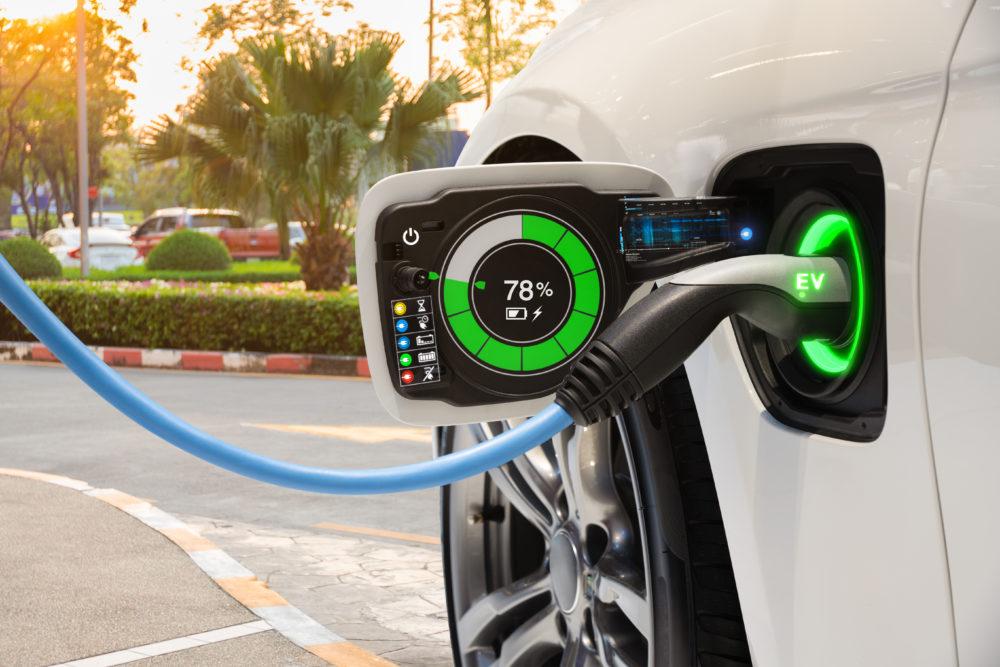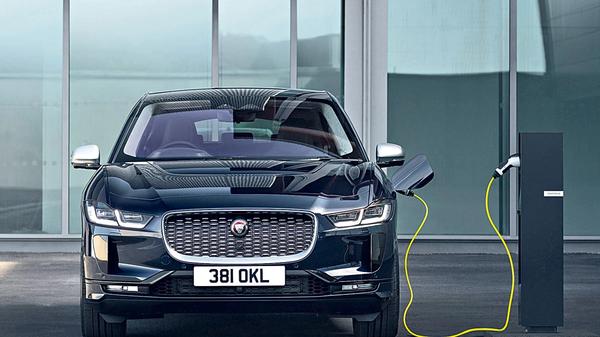
Mobility is the disruption of this decade. Mobility makes places and opportunities accessible for the masses. This in turn brings about prosperity and improvement in the quality of life. Access to goods and services, healthcare, education are all enabled by the mobility sector.
The changes in the mobility sector range from physical changes like roads, bridges, trains etc. to technological changes like electric vehicles, connected vehicles, autonomous driving etc. and to innovations across shared mobility, micro-mobility, and rental of vehicles.
Mobility has moved from being a product to a service now. While our parents used to purchase cars and scooters, today’s consumers are happy to order a taxi or book a self-drive car over the weekend on their phone itself. The fundamental mindset of the users is changed from owning assets to using services to fulfil their needs of the moment.
This mindset is prevalent not only in the metros but is also percolating down across towns and cities in India and across social strata.
Owning a vehicle is no longer a status symbol or about asset building, rather people are conscious of the capital being blocked and hassles of ownership. This is a long-term trend and Niti Aayog estimates that by 2030, 35 percent of all passenger miles in India will be on shared transport and by 2040, 50 percent of passenger miles will be on shared transport.
The rental of electric vehicles is at a crossroad of a number of such disruptions. It allows for a a better utilisation of the vehicles while being managed professionally in dedicated fleet management setups.
The advent of electric vehicles, IoT (Internet of Things) devices, and electronic payments enable rental companies to offer an end-to-end solution to customers without any hassles of insurances, repairs, maintenances etc.
For these changes to make an impact, this disruption needs to be affordable to the masses. While electric vehicles reduce the overall operational costs, shared mobility spreads the capital costs across a number of users.
The first step from an affordability point of view for the commuters is two-wheelers. This is where the real disruption is taking place, as rental electric two-wheelers have the potential to provide wheels of growth for the masses in India.Shared mobility had ignored two-wheeler riders till now, even though with 20 crore two-wheelers, it is by far the largest segment in India. This is no longer the case as companies have now come up with solutions around two-wheeler rentals and pay as you use solutions.
These services are rapidly gaining a captive user base across cities in India and the demand is coming in from diverse sectors.

The rental of electric two-wheelers also has a number of advantages for the users. They can use these vehicles without blocking their capital, only pay for what they use, and the vehicles are utilised much more than they would with a single owner.
ALSO READ Powering Electric Vehicles in Extreme Weather ConditionsConsumers also like that in a rapidly evolvingfield like EV, they are secured from technological changes, upgrades, resale values, battery life and so on. The fact that rental EV’s are home delivered, can be ordered simply via an app and that any repair, maintenance, insurance, RTO expense etc., are covered, are added benefits.
Rental of electric two-wheelers is a multi-billion-dollar market. Even if shared mobility claims a small percent of the over 20 crore two-wheelers in India, it is bound to create a market of tens of billion dollars.Apart from the demand coming in from commuters, logistics and ecommerce sectors also have a very large demand for these two-wheelers.
These industries are growing at a breakneck pace and EV’s are the basic enablers to their growth. Apart from the natural pull from the industry, the government is also pushing these industries to adopt electric vehicles. Pure play fleet owners are in the best position to fulfil this unprecedented demand from the industry.
Looking at the larger picture EV two-wheeler rentals is geared for substantial growth in the next few years and it has the potential to democratise mobility for the masses.
Edited by Saheli Sen Gupta(Disclaimer: The views and opinions expressed in this article are those of the author and do not necessarily reflect the views of YourStory.)